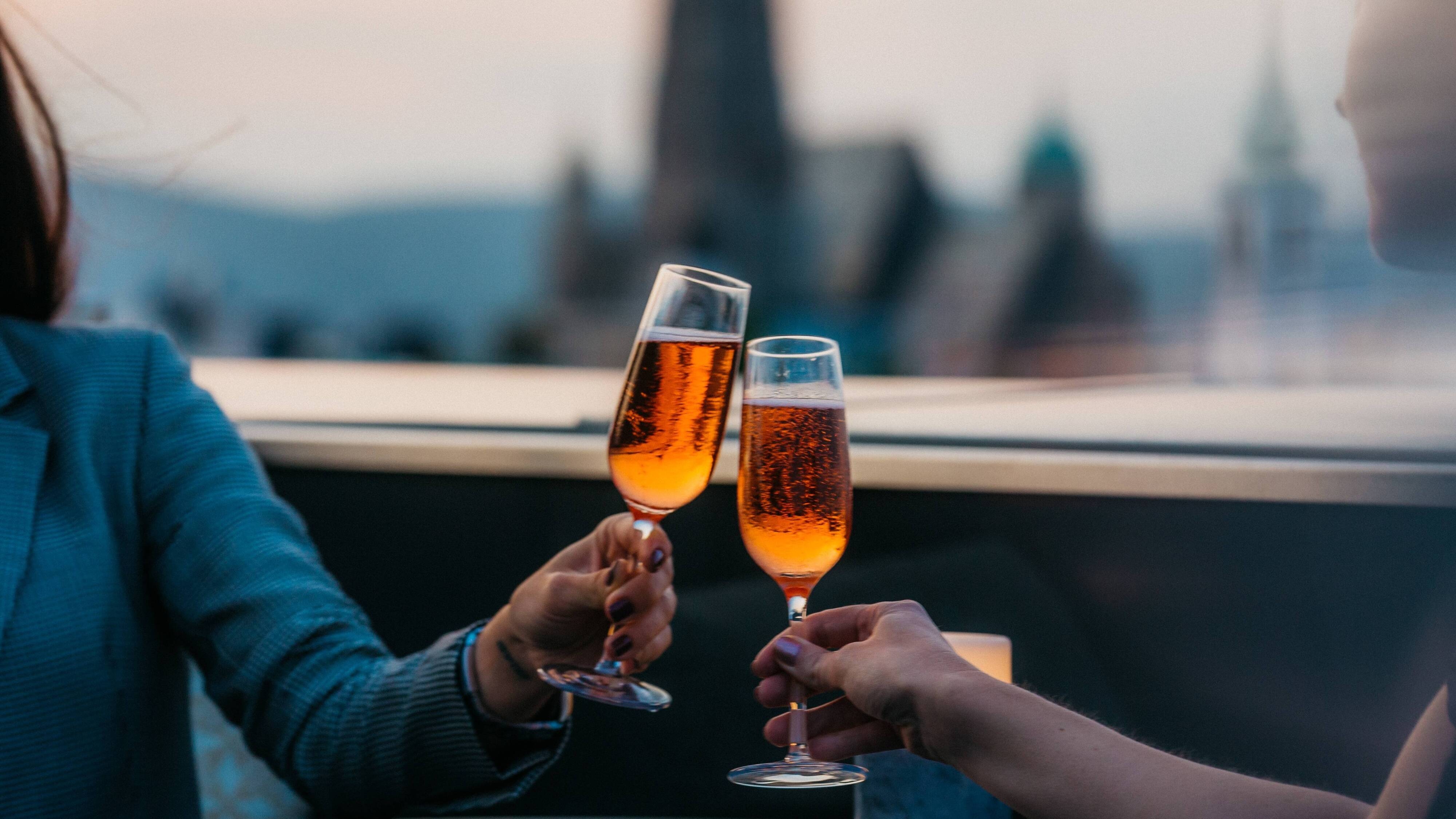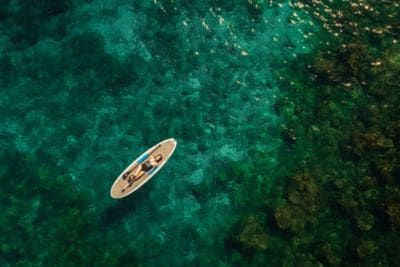-
Hotels & Resorts
-
Hotels & Resorts
-
New HotelsA New EraNew Hotels
Discover your next great escapes at the newest hotels and resorts from The Ritz-Carlton.
-
Meetings & CelebrationsEvents, Elevated.Meetings & Celebrations
At The Ritz-Carlton, we help you craft moments that will last a lifetime.
-
-
Ritz-Carlton Reserve
-
Residences
-
Yachts
-
About The Ritz-Carlton
-
About The Ritz-CarltonThe Gold StandardAbout The Ritz-Carlton
With a credo and corporate philosophy of unwavering commitment to service, The Ritz-Carlton sets the standard for luxury experiences the world over.
-
The Ritz-Carlton ExperienceInspiring Life’s JourneysThe Ritz-Carlton Experience
Explore how The Ritz-Carlton aspires to give you an experience that will stay with you forever.
-
About The Ritz-CarltonThe Gold StandardAbout The Ritz-Carlton
With a credo and corporate philosophy of unwavering commitment to service, The Ritz-Carlton sets the standard for luxury experiences the world over.
-
The Ritz-Carlton ExperienceInspiring Life’s JourneysThe Ritz-Carlton Experience
Explore how The Ritz-Carlton aspires to give you an experience that will stay with you forever.
-
-
The Journey
-
The JourneyThe JourneyThe Journey
Where will you go next? From far-flung locales to urban favorites, find inspiration for your next great escape.
-
Inspiration
-
Destination Guides
 Let Us Guide YouDestination Guides
Let Us Guide YouDestination GuidesWherever it is you want to explore next, our guides will take you there.
-
Travel Interests
-
The JourneyThe JourneyThe Journey
Where will you go next? From far-flung locales to urban favorites, find inspiration for your next great escape.
-
Inspiration
-
Destination Guides
 Let Us Guide YouDestination Guides
Let Us Guide YouDestination GuidesWherever it is you want to explore next, our guides will take you there.
-
Travel Interests
-

Bali’s bountiful beaches and accessible breaks have been luring surfers — the majority of them men — since the 1930s. Today, a wave of female surfers has found its way to the Indonesian island, ushering in a whole new kind of swell.
It’s late in the afternoon, and the sun, hovering above the horizon, is just starting to dye the ocean the color of mercury. I’m sitting beyond the breakers on my longboard, and it’s epic: a gentle swell deepens ribbons of water into purple, while along the horizon the sea dissolves into sky. It’s the sort of scene that makes you need to surf — whether you enjoy the ocean or not — and for a few moments I forget that I’m not entirely comfortable out here.
I’d been surprised the day before when, sitting in on a women’s surf workshop about facing fears, others had voiced the same insecurities I’ve had since learning to surf two years ago. “I’m really scared of big waves,” a Swedish nurse confessed. “I’m intimidated by other surfers,” an English entrepreneur admitted. “I hang back, waiting to be given a wave instead of staking my claim for one.” Nods all around.
The women had gathered in Bali to share a long weekend of surfing. It would be three days of coaching, workshops and assessments, and already, 15 minutes in, my confidence is boosted simply by the realization that anxiety in the water is OK — in fact, it seems pretty normal.
Bali has been a popular surf destination for decades. Recently, surf retreats, particularly those for women only, have become increasingly prevalent. “In a group, women soon feel safe and begin to open up, making room for everyone to feel understood,” says Runa Weidemann, who runs In Surf Retreats for women in Norway and has started a similar operation in Bali. “There is something so empowering about surfing with a group of determined women who support each other and are out there to have fun.”
The psychology of surfing is interesting (a book in itself), and generally speaking, men and women approach surfing differently. Sure, everyone wants to have fun out there, says surf coach Yeni Canelón, who runs Salti Hearts surf, yoga and fitness retreats for women in Bali, Spain and Australia. “Men, however, tend to be more assertive surfers — they believe they have a right to be out there riding waves — while women are often looking for more of an empowering, nurturing and fun experience. They also want to surf more mellow waves, to chill and have an epic time with like-minded women.”
There is something so empowering about surfing with a group of determined women who support each other and are out there to have fun.
”But why Bali in particular? What does this little Indonesian island have that’s attracting more female surfers? As it turns out, Bali checks a number of boxes: Within a relatively small area there’s a variety of easily accessible breaks — from reef to beach to point — that are well-suited to different levels of surfers. Bali sits eight degrees south of the equator, which means it enjoys an endless summer with warm, generally calm water, and it has a year-round swell that’s good for surfing. The waves around Bali also tend to be fairly long.
“This means that you have time on a wave to implement what you’ve been learning, which allows you to feel more confident in your surfing ability,” observes surf coach Gee Cormack, who lived for almost a decade on the island and now heads Chix Surf School for women in Sydney.

There’s one last thing: Bali is considered one of the safest places on the planet. “All these factors are really important for women who are either learning or progressing with their surfing,” Cormack says. “We need to feel safe, calm and positive in our environment in order to relax and be willing to explore the art of surfing.”
While Bali has nurtured many foreign female surfers, for local Indonesian women, there’s still a barrier of taboos. Traditionally, the Balinese fear the sea (they believe it’s where evil spirits dwell), and discourage women from participating in sports or staying in the sun long enough to darken their skin. Happily, that hasn’t discouraged every woman from taking to the water. Flora Christin, Indonesia’s first professional female longboarder, lives on Bali’s southwest coast, where she learned to surf in 2016. Her body is tanned, her hair bleached by the sun. While not everyone approves of her career, she says, “surfing keeps me calm, and I can’t get enough of that feeling of dancing on my longboard.”
I’ve always felt like the locals in Bali are looking after me. They want me to catch waves and to see me happy.
”As Christin’s surf skills improved, so did her relationship with the Indonesian surf instructors, and she now has their respect. Localism — the politics of surfing — barely exists in Bali when compared with places like Hawaii and California. “I’ve always felt like the locals in Bali are looking after me,” says Weidemann, who’s also surfed in Portugal, England, Norway, Australia and Hawaii, where she lived for a year. “They want me to catch waves and to see me happy. Here, I feel included and wanted; in no other place have I felt as welcome as I do here.”
Perhaps that’s Bali’s biggest asset: the warm, positive vibes that roll across the island, creating a sense of community and nurturing a gentle self-confidence that fuels an “I can do this” attitude.
RITZ® is a Registered Service Mark of The Ritz Hotel, Limited, and is used by The Ritz-Carlton Hotel Company under License.
© 2025 The Ritz-Carlton Hotel Company, L.L.C. All rights reserved.







